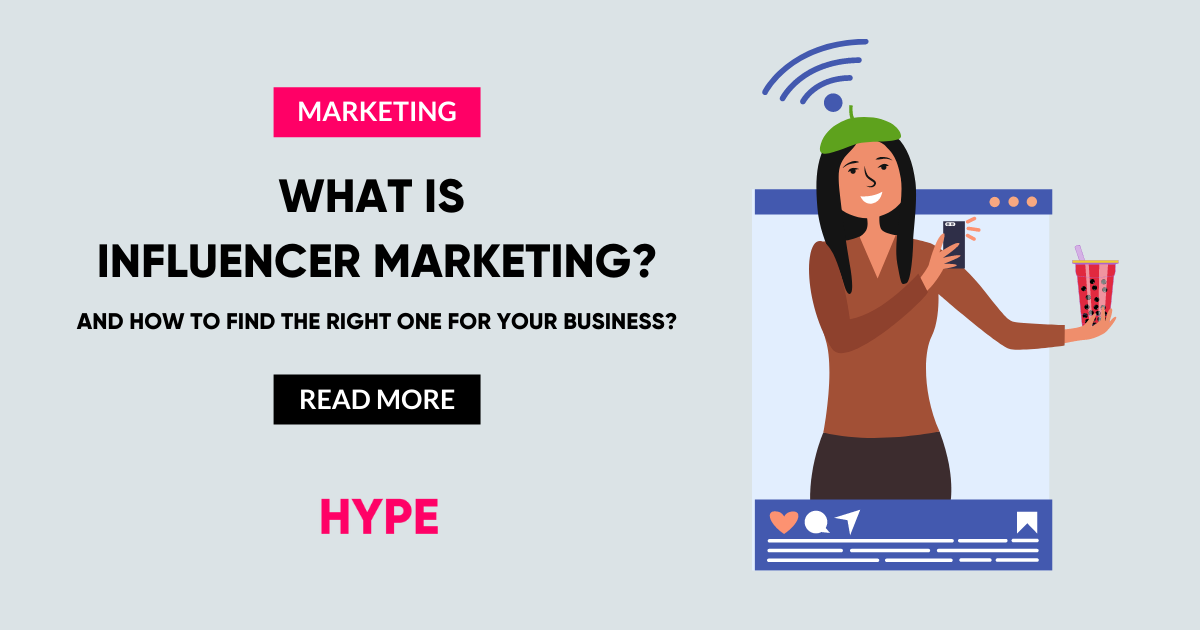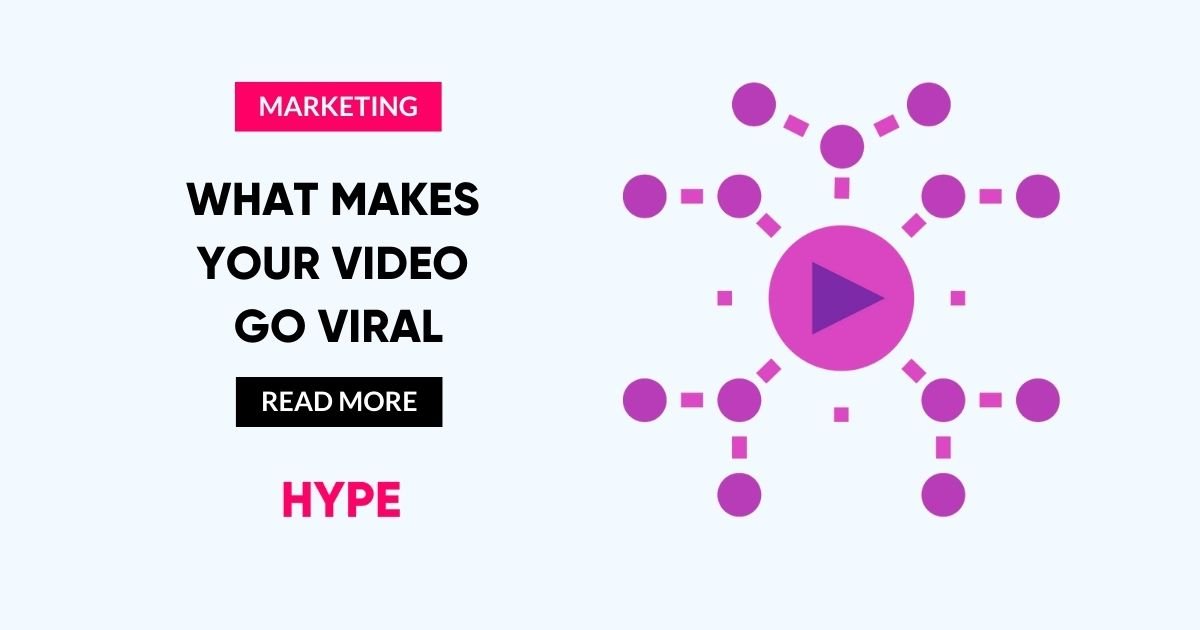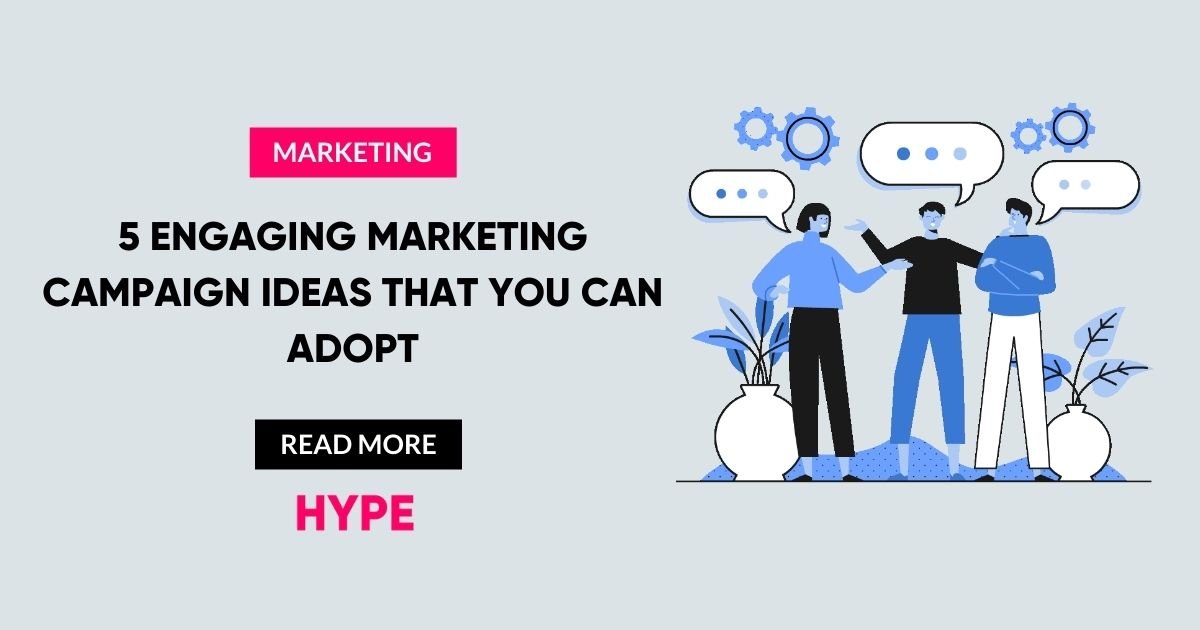An influencer is a common term that everyone recognizes in today’s world of social media. We all know that most of the influencers are somehow attached with companies, brands, and organizations to promote their products or services. While it seems to be an easy process to run influencer marketing, the brands and organizations need to understand the type of influencers, setting the right goals, and measuring ROI’s, understand the best practices of reaching and paying out the influencers and the do’s and don’t’s of an influencer marketing campaign.
I will discuss the influencer marketing definitions, who should you call an influencer, the types that you should choose, why do you need them, and who is right for your business. Following by a series of blog resources to successfully conduct an influencer marketing campaign.
What is Influencer Marketing?
Influencer marketing is a type of marketing that focused on using “interesting people” / influencers to drive brand, product, and organizational message to a larger chunk of people. It also has a root in traditional celebrity endorsement, because with new marketing tactics it happens in social media, web with creative content placements.
If you ask, who is an influencer: it’s an individual who demonstrated expertise in a specific niche with a loyal and engaged following and above-average social media presence. You should not mix it up with usual bloggers, brand ambassadors, and brand advocates as they have different definitions.
An influencer is also someone who doesn’t just entertain, but also who can bring change to other people’s perceptions and get them to take specific actions.
But, when they are promoting something on behalf of a brand, who do people believe? Because they tend to share their personal or relevant stories, experiences with the followers that include brand messaging in a way that resonates with the consumers the most.
and why it’s a successful model? Because most of the time, it’s authentic. Consumers can connect to the influencer, their feelings, even biased/ non-biased opinions. On the other side, there is generic advertising with CGI, Photoshop that tells you to buy, buy, buy! That is why consumers are rallying to the influencer’s opinion to get guidance and inspiration on what to buy, how to buy it, reviews, and whether they should purchase it or not.
It’s observed that 94% of the marketers who use influencer marketing (in the right way) find it an effective practice. If you’re not one of them, probably you’re missing something that can fine-tune the process that you’re using. So, keep reading.
An Influencer Marketing can generate up to 11 times the return-on-investment than the traditional advertising.
www.inc.com
Why do you need influencer marketing for your business
We all know that people are turning toward online reviews and user experiences before purchasing anything today. So, here’s some benefit you can share with your management or exec body’s that why do you need influencer marketing for your business.
- Influencer marketing helps you to generate brand awareness in niche or new communities where may not have access easily.
- Influencers can add a fresh perspective to the product message that’s relavant and native to the audience.
- Consumers actively seek out the unique storytelling and usually trust them.
- Influencers offer bigger reach and exposure.
- Influencers are tied up with the specific communitiy in exchange of the value they provide. You brand has the chance to easily penetrate and use hyper-targeted messaging to that audience and they trust it.
- You can use affliate marketing with the influencers and make it a long-term benefitial partnership for both.
- Setting up an affiliate system allows you to track the click, engagement, download, sales and measure ROI of an campaign.
- You need little or no paid media effort while using the influencers and it all happens organically.
Difference between influencers, brand advocates, bloggers and brand ambassadors
While we may mix up with all these titles and say every one of them has some influencing factors. So they are the same. But, actually, they are not both by definition and what they can do for their audience and brands they support.
So, to choose the right type of influencers and promoters, it’s important to understand who should you contact that benefits your brand in the proper way. Let’s break down these into two categories.
1. Celebrities and big influencers:
Big players with 500,000 to 1 Million + followers and are mostly media celebrities, musicians, and actors – who don’t grow their social followers actively. Rather their followers were earned through their visibilities in the media. Naturally, they do not have a close relationship with their followers and it’s quite tough to nurture Millions of followers. So, they have a different type of the influence.
Some Celebrities from Bangladesh may include Actor Mosharraf Karim and Mehzabien or Cricket Sakib-Al-Hasan and Tamim Iqbal. While some of their socials are maintained by their moderator or agencies. They do not often create content or connect to their followers on a personal level by maintaining their direct presence on the socials or web.
2. Micro and Macro Influencers:
These micro and macro-influencers are not always defined by their position. They can be entrepreneurs, moms, dads, travelers, food enthusiasts, bloggers, and thought-leaders with a very specific personal brand.
Micro Influencers:
They have a follower range from 500 – 10,000 and by micro, do not think their influence is small toward their audience. They might hold a very strong influence, sine early followers are the most loyal and connected by mutual relevance.
Like Anika Rabbani, who runs Yoganika – a Yoga practicing business with a close community that follows a healthy lifestyle and mindfulness doesn’t have big followers on her personal social. Her Instagram and Facebook page also has a 10000 – 30000 following base (as of now). But, still, brands are believing in her content and messaging and she was featured by multiple brands including Bata.

Macro Influencers:
They should have a bit larger follower count ranging from 50,000 – 1,00,000 + and are already in a growth phase of becoming a larger one. They tend to constantly curate and publish content on their socials.
Even with a smaller number than the celebrities, these micro and macro-influencers can actually generate higher engagement than them because they have developed a personal and real relationship with their followers already. A smaller audience also helps them to track the interest and behavior of their following to bring change in their content style, that resonates most in their niche.
They are a great option for brands because they are accessible, budget-friendly and it’s possible to develop direct relationships with them that help brands to bypass some tough rules set by the agent of the celebrities.
3. Bloggers or Vloggers:
Bloggers are known to provide value with the specific content they create and publish on specific topics ranging from Food, Finance, Fashion. They sometimes host this content on their own website and make money from the advertising placements. Recently vloggers aka Video Bloggers are growing their influence using video sharing platforms: Youtube, Facebook, Instagram, Reels, Tiktok, etc. Their follower count varies. But, they are known to use growth strategies to increase their audience through web, email marketing, providing eBooks, guides, or direct event appearances.
4. Brand Ambassadors:
They are influencers who are mostly hired by brands for a long-term and exclusive collaboration. They usually do not do a one-time project or short campaign. As their role is similar to a spokesperson for the brand and they should have a good education about the business they are representing as well. They participate in press engagements, launch events and are not able to work with any direct competition. The brand usually hires them for 1 year to multiple years and plans out the events that are going to happen throughout the year. Big celebrities also participate in this category along with bigger influencers.
4. Brand Advocates:
Brand advocates are loyal brand followers who chose to promote the brand or engage with them because they simply love it. Now, unlike the other activists, they are not paid by the brand to share something that will benefit the brand. But, surely they love the brand based on their consistent promise, communication that resonates with them, and for the products they love to buy and use.
All of these groups work as new-age publishers who are leading great engagement and generate brand awareness to the new audiences every day, even when your brand team sleeps.
Which Influencer is right for your business?
Don’t go with the follower count, always look for engagement rates of the influencers that ensure how connected they are with their audience. There are some processes you can follow. If you’re looking for influencers with a good web presence always do a search on Google with the industry-relevant keywords and see who is talking about that recently. You can also use tools like Buzzsumo to discover trending content and influencers in your space. Lastly, do a Hashtag # Search on Social Media with the industry you’re in like: #design #marketing #sales #homeimprovement #dyi #kitchen, etc to see who is creating quality content and dominating the space with most engagements. Also, look into trending conversations in your industry as influencers are most likely to talk about them and you may find thought leaders through that.

Once you have a list of influencers, ask yourself these questions:
- Are the creating and publishing content that’s relevant to your business or industry?
- Do they have follower who are engaging with their content or do they have 50,000 follower with just few likes?
- Are they consistent with their content messaging or deviating from here to there just to catch the trend?
- Do they consistently post and engage with their audiences?
Finding and connecting with the right influencer will ensure your ROI in a positive way. Even if you bet on a very small influencer, your return can be bigger.
Now you need to know how to set goals and measure the ROI of your influencer marketing. How to do the outreach and pay your influencers along with what to do to conduct an influencer marketing campaign. We will come up with a new article to discuss all of these, so you get a full idea to execute your influencer marketing campaign with more best practices like do’s and don’t’s.
If you like this article and would like to read the 2nd part. Subscribe to our blog and email update below. As an influencer marketing agency in Bangladesh, we have ground-level experience in managing micro, macro-influencers along with celebrities like Cricketers, Actors, Musicians, and so on. Looking for a complete service that will ensure your campaign ROI? Contact us today.




